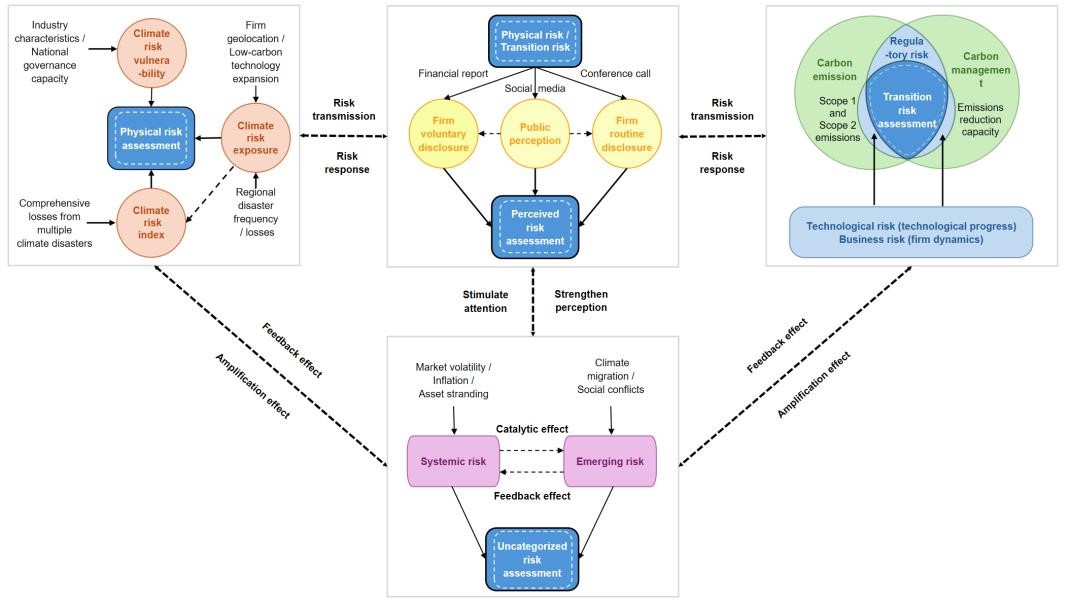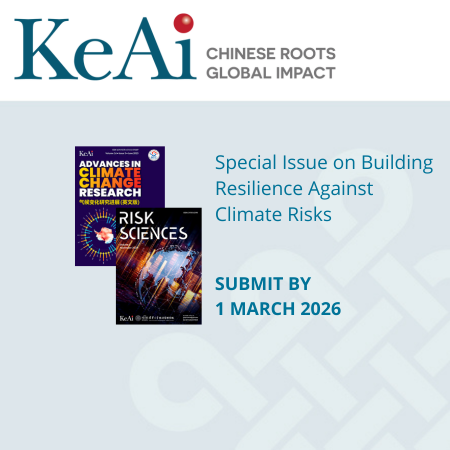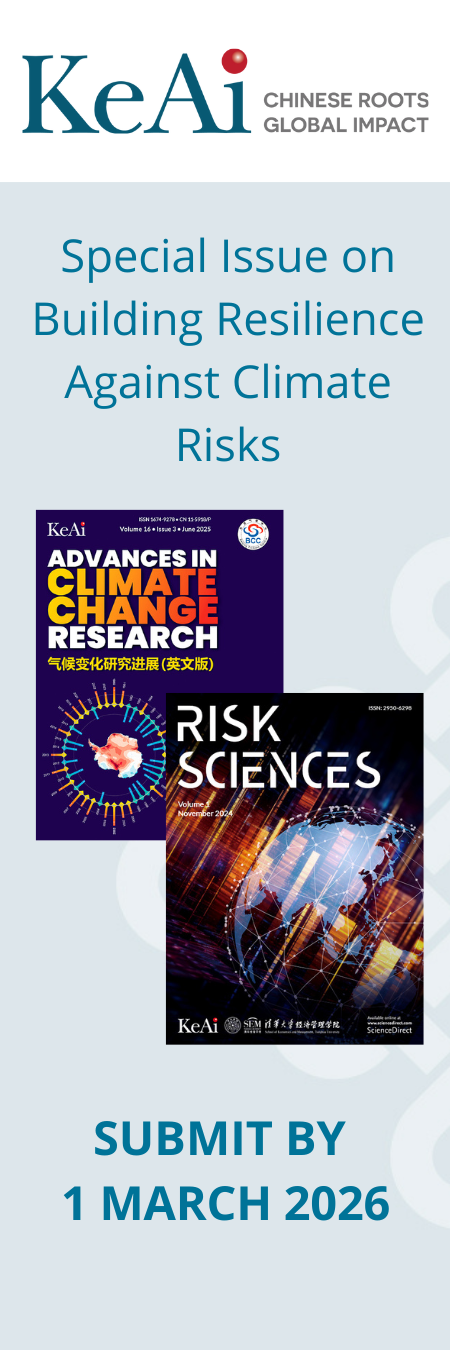A New Framework for Assessing Climate Risks for Businesses
Published 11 May, 2025
As the global climate crisis intensifies, businesses are facing a triple impact of physical, transition and perception risks. Physical risks arise from direct damage to production facilities and supply chain disruptions caused by extreme weather events such as hurricanes and floods, with global climate disasters in 2023 resulting in direct economic losses exceeding US$300 billion. Transition risks are driven by carbon neutrality policies, such as the EU’s Carbon Border Adjustment Mechanism (CBAM), which has increased annual costs for Chinese export enterprises by CNY12-15 billion, alongside the accelerated obsolescence of traditional industry equipment due to rapid advancements in new energy technologies. Perception risks are reflected through media reports, financial disclosures and social network data, where a 10% increase in climate-related negative news leads to a 2.3% rise in stock price volatility for related industries.
A new study published in Risk Sciences reveals the absence of a systematic framework and the fragmented nature of indicators in corporate climate risk assessment. Existing methods cover less than 42% of the interaction mechanisms between physical, transition and perception risks. Key findings indicate that improving corporate risk management capabilities can reduce climate-related economic volatility by 23% to 37%, while establishing risk-sharing mechanisms can lower indirect losses by 12% to 18%. Greater transparency in information disclosure reduces stock price volatility by 2.3%.
At the national level, enhancing the transparency of low-carbon policies can reduce annual compliance costs for export enterprises by CNY12-15 billion, while every 1% increase in technological and disaster prevention investments reduces the probability of supply chain disruptions by 0.8%.
The study confirms that enterprises adopting an integrated assessment framework achieve a 15.6% market valuation premium, while those neglecting Scope 3 emissions underestimate transition costs by 31% to 45%.
“Future research should develop a composite assessment system incorporating supply chain network vulnerability, where risk transmission efficiency increases by 58% when node dependency weight ≥0.35, adaptive capacity quantification indicators, and multi-criteria decision models,” says senior and corresponding author Jun Bi. “By integrating machine learning with a predictive accuracy improvement to 89.2% and complex network analysis, it is possible to achieve dynamic coupling assessments of physical, transition, and perception risks.”
This new framework enhances the horizontal comparability of risk assessments by 67% and the effectiveness of strategic decisions by 41%, providing a systematic solution with both theoretical depth and practical value for global climate governance.

Contact author name, affiliation, email address:
Jun Bi
Professor Jun Bi is currently a Distinguished Changjiang Scholar Professor at the School of the Environment, Nanjing University, and the Director of the State Key Laboratory of Pollution Control and Resource Reuse. Email:jbi@nju.edu.cn
Jianxun Yang
Jianxun Yang is an Assistant Professor and Distinguished Research Fellow at the Institute of Environment and Health, Nanjing University. Email:yangjx@nju.edu.cn
Zongwei Ma
Zongwei Ma received the B.Sc., M.Sc., and Ph.D. degrees from Nanjing University, Nanjing, China, in 2004, 2006, and 2015, respectively. He conducted the joint doctoral training at Emory University, Atlanta, GA, USA, from 2012 to 2014., He is an Associate Professor with Nanjing University.
Wen Fang
Assistant Professor Wen Fang is currently teaching at the School of the Environment, Nanjing University.
Miaomiao Liu
Associate Professor Miaomiao Liu is a Ph.D. supervisor at the School of the Environment, Nanjing University.
Funder: The study was financially supported by National Natural Science Foundation of China (Grant No. 72304136, 72234003, 71921003, 72488101)
Conflict of interest: Given Prof. Jun Bi role as an Advisory Board Member of Risk Sciences, he was not involved in the editorial review or the decision to publish this article and had no access to information regarding its review. The authors declare that they have no known competing financial interests or personal relationships that could have appeared to influence the work reported in this paper.
See the article: Zhao, Z., Tang, S., Huang, J., Yang, J., Ma, Z., Fang, W., Liu, M., & Bi, J. (2025). Firm-level climate risk assessment: Recent progress and future research agenda. Risk Sciences., 100012. https://doi.org/10.1016/j.risk.2025.100012

